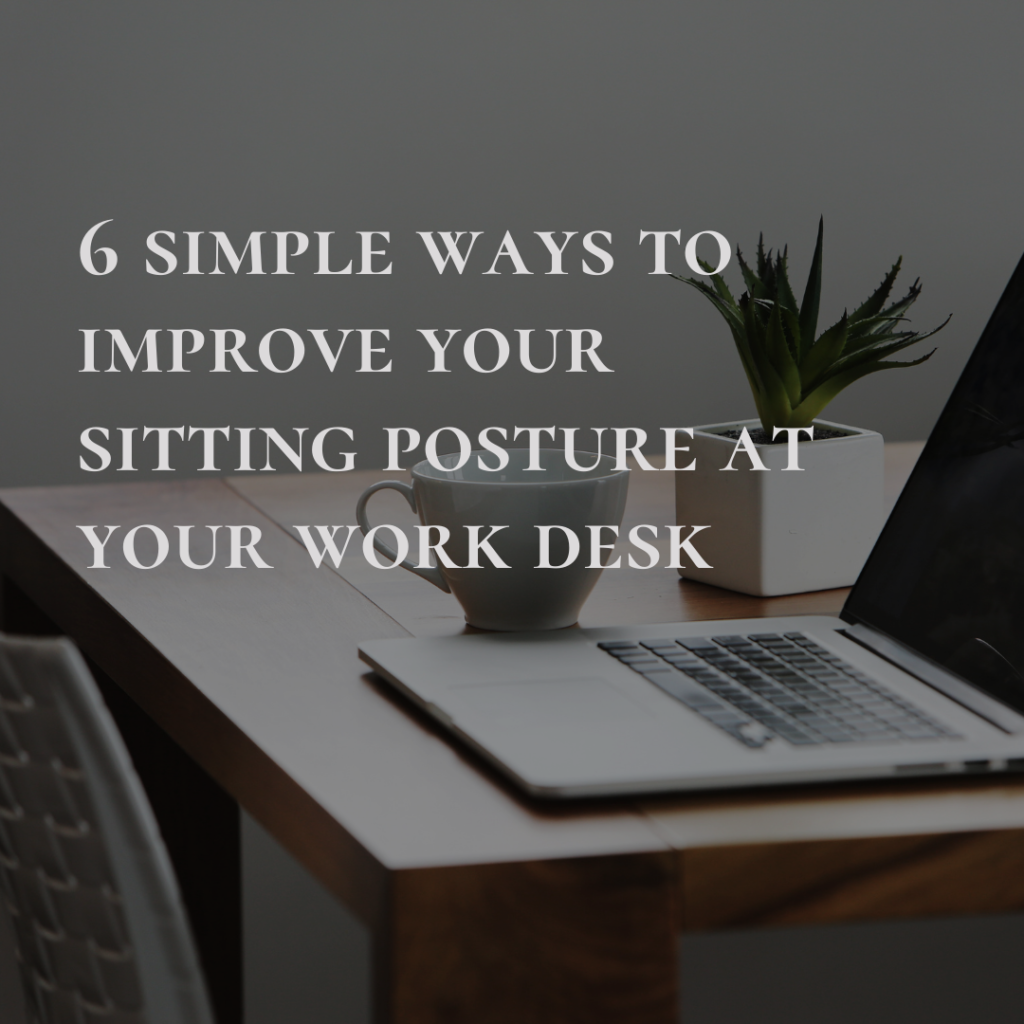5 Reasons Why Obstacles Are Important
So why is it important to overcome obstacles? Can you go through life without encountering any limitations?
Here are 7 reasons why obstacles are important in life.
1. Obstacles Reveal Your True Identity
Some life challenges will rip you apart. When this occurs, you get to know who you truly are. Sometimes, you don’t know your full capabilities and tendencies. Obstacles exist to test you and stretch you beyond limits.
The fact is once your limitations and inclinations have been revealed, you can begin to take steps to deal with them so you can win in life. You’ll be forced to overcome these obstacles, which will help reveal your true self.
2. Obstacles Direct Your Actions
Someone once said you could walk on water; you only need to know where the stones are placed. The stumbling blocks on your path create a new way to get to the next level or phase.
For instance, if someone continually hurts your feeling, the situation allows you to practice the art of forgiveness. Every problem comes with its solution. You only need to shift your perspective to uncover the lessons that challenges have to teach you.
No wonder Benjamin Franklin once affirmed that:
The things which hurt, instruct.
Once you receive instructions, learn, and make progress in the directions of your goals.
3. Obstacles Make You Tougher
No one comes with the natural ability to withstand challenges; you have to develop your resilience through life. And don’t you ever think everything will come to you on a platter of gold. That only happens in the grave
As long as you are here, you’d have to overcome obstacles and surmount difficulties. The essence of obstacles is to toughen you so you can be courageous. It would be best if you dared to change your circumstances – to improve yourself and the world.
And if you discover you are losing courage, obstacles can toughen you more so you can move to the next phase.
4. Obstacles Enable You to Focus on What Counts
Not everything counts in life, so you need to focus on your goals and pursue your life missions. Once you are clear about your goals and tasks, every obstacle that comes your way looks smaller and manageable.
But when you lack clues and direction, this uncertainty magnifies every limitation and makes your pursuit a massive mountain that you need to climb.
The bottom line is that you need to be clear about your goals and focus like a laser so you can surmount the few mountains that deserve your attention.
5. Obstacles Unleash Your Creativity
You don’t know how far you can run until you meet a lion in the jungle. That’s the beauty of life!
Without impediments, you may not reach the untrodden territory. It takes persisting and resisting to learn where others fail because they were impatient. Obstacles are capable of stretching your creative muscles so you can go beyond the limits.
6. Obstacles Help You Find Meaning to Your Life
Your perception of life determines your outcome. You might want to take a cue from the experience of President Abraham Lincoln. While he battled with depression all though, he led the United States through one of the most challenging times in history: The Civil War.
Lincoln discovered the art of fining meaning despite his inner turmoil by channeling his efforts outward by uniting the entire nation. He learned the art of endurance. He articulated this attitude and derived meaning from his obstacles.
He discovered purpose and found succor in a more prominent cause higher than his obstacles.
7. Obstacles Can Help You Discover Meaning Beyond Your Inner Troubles
Just like Lincoln, you can find your purpose when you cease from peering at your troubles and begin to seek how you can make others happy. You can rise above your obstacles by lifting others.
This strategy is one of the best approaches to deal with depression. It is a way of starving your problems of time so you can focus on others suffering.
Here’s the added advantage!
Focusing outward will enable you to improve inward.
7 Ways to Overcome Obstacles in Life
Now that you know the significance of obstacles, here are 7 ways you can turn them into stepping stones.
1. Find Out What’s Limiting You
Sit down and assess your limiting factors. What are the obstacles standing between you and your goals?
Figure out why you are not meeting the deadline. Avoid dredging up your list of complaints as it will eventually culminate into excuses.
For instance, if you said,’ I don’t have sufficient time,’ reflect on what you spend your time and energy on. Your limiting factors could be procrastination, complacency, or external events. If you said, ‘I don’t have enough funds,’ this is most times related to priorities.
Your immediate challenge may be a lack of motivation or time, or you need to commit to learning how to earn extra income and reduce your expenses.
2. Review the Obstacle’s Timeline
How long have you been dealing with the challenge? What attitude or habit is hindering you from overcoming the obstacles? Finding answers to these questions will enable you to make the right changes.
For instance, if you changed your job, there could be something about your new job or workplace that is challenging you. It could be the fact that you need to cope with a new environment.
Reflect on the different obstacles you have faced in life. Whether you work over them or not, take a cue from your experience and apply the lessons in dealing with new challenges.
3. Determine What’s Beyond You
Some challenges are beyond you. They are so daunting that you don’t have a clue on how to overcome them. Perhaps, you are even afraid or weak to the bone.
It shouldn’t be the end of the world. Just take a deep breath and list those things you can control, such as:
- Your habits
- How much energy you exert
- Your decision when you are offered an opportunity
- Your lifestyle-exercise, diet, and relaxation, all of which affect your mood and personal disposition
Focus on what you can control. Start by cultivating all the good habits to have in life.
4. Break Your Goals Down
Giant stride is not about taking one leap to the top of the highest mountain; it is about boldness to pursue your goals in the face of oppositions. It’s reasonable to break your goals into bits and develop a checklist to figure out the obstacles hindering you from actualizing the first box.
5. Maintain an Active Plan
Always work with a to do list . Begin your day with what you have to do and achieve your goal. Recognize that there will be obstacles and distractions. The lessons from facing obstacles will help you to adapt your plan in finding the best strategy to achieving your goals.
6. Improve Your Problem-Solving Skills
If you tend to make decisions base on your instincts, you may try to be more analytic.
Here are some strategies you can adopt to making a decision:
Worst case scenario: If I enroll for the copywriting course and I fail, where would I end up? Design a backup plan for this eventuality.
Cost-benefit analysis: What would I gain if I complete the copywriting course. Assess if the benefits are worth the sacrifices.
Final Thoughts
Obstacles give life meaning. As long as you are on the face of the earth, you will keep facing challenges. It’s up to you to change your perspectives and deal with obstacles with the right mindset. It’s either they become your stepping stones or stumbling blocks.
Choose to live your life by design and apply the tips I have shared above to overcome whatever obstacle you are facing. Stay safe, and stay strong!
















